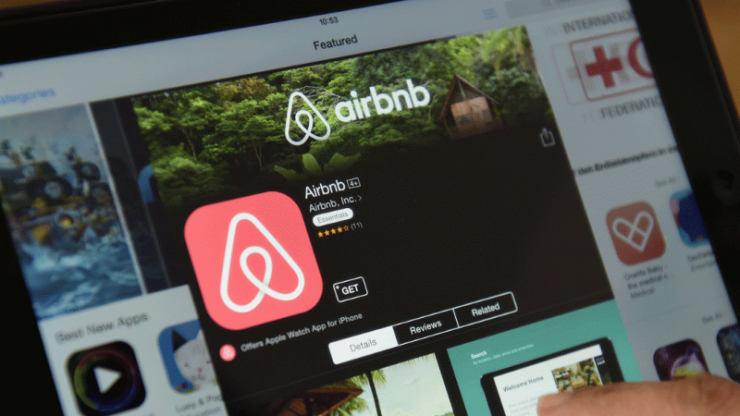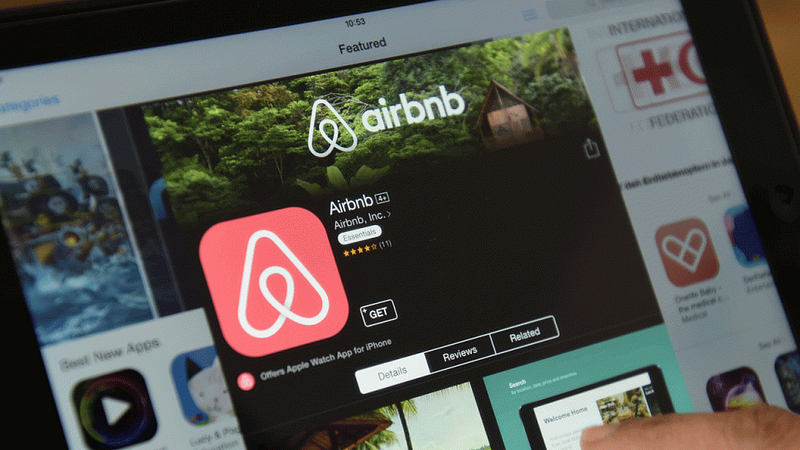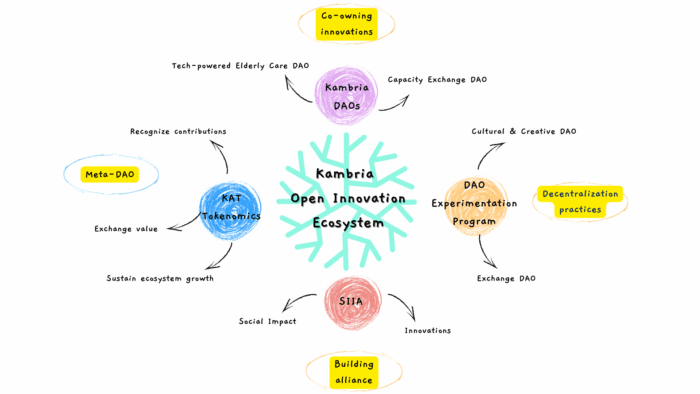While the term “sharing economy” first started to appear in the early 2000s, services such as Airbnb, Uber, and Lyft have dramatically increased the popularity of peer-to-peer service delivery over the last ten years. Also referred to as “collaborative consumption”, the sharing economy has successfully harnessed technology to allow individuals to market tangible and intangible personal resources — like an extra room, office space, or a ride — at scale.
But as cool and innovative as these sharing economy businesses are, lately they have come under fire. To begin with, some argue that the term “sharing economy” is a misnomer because there is no actual sharing; consumers are merely paying to “access” the goods or services of another person.
Moreover, due to the centralized nature of sharing economies, the company providing the platform remains in charge — not the users. Take reputation data, for examples. No matter how many stellar reviews you receive as an Airbnb Superhost, you can’t take it with you to another platform. Airbnb continues to own that data, not the host. Moreover, the company remains in charge of what data to share and display on the site. This type of data-siloing makes users dependent on the intermediary and limits both choice and income for all users.
So while the sharing economy solves old challenges, it does raise new issues. Luckily, humans are awesome in their ability to innovate and improve. Enter the token economy.
The token economy aims to deliver what the sharing economy did not. The data and vast profits that formerly were kept by the centralized sharing economy company can now be distributed directly to and shared by users. Because token economies utilize their own form of currency, users can participate, earn, vote and profit equally based on their level of interaction with the site. Users who provide the service benefit more than the company organizing the users, which seems much more democratic and in the spirit of “sharing.”
Keep your eyes open for new versions of your old favorites. Bee Token wants to create the future of home sharing via a decentralized, blockchain platform that levies zero percent commission on transactions. And SnagRide wants to leapfrog Uber’s current model using token economics by offering decentralized ride-sharing on the Ethereum blockchain.
Kambria will also utilize token economics in delivering its open innovation platform. The goal is to eliminate data and provide as much transparency to users as possible in order to accelerate innovation. Programmers will be able to access the open-source library, make contributions, and build upon software and hardware repositories thereby increasing the value to all users. We are excited to develop this decentralized blockchain platform for our users and to transform how we innovate.
We’re eager to share more with you about Kambria’s token economics. Stay tuned to our Telegram channels to be the first to know.
The Kambria Team
Telegram (ENG) Telegram (KOR) Telegram (VIE)
Email: info@kambria.io
KAT is sold to be used on the Kambria platform.









